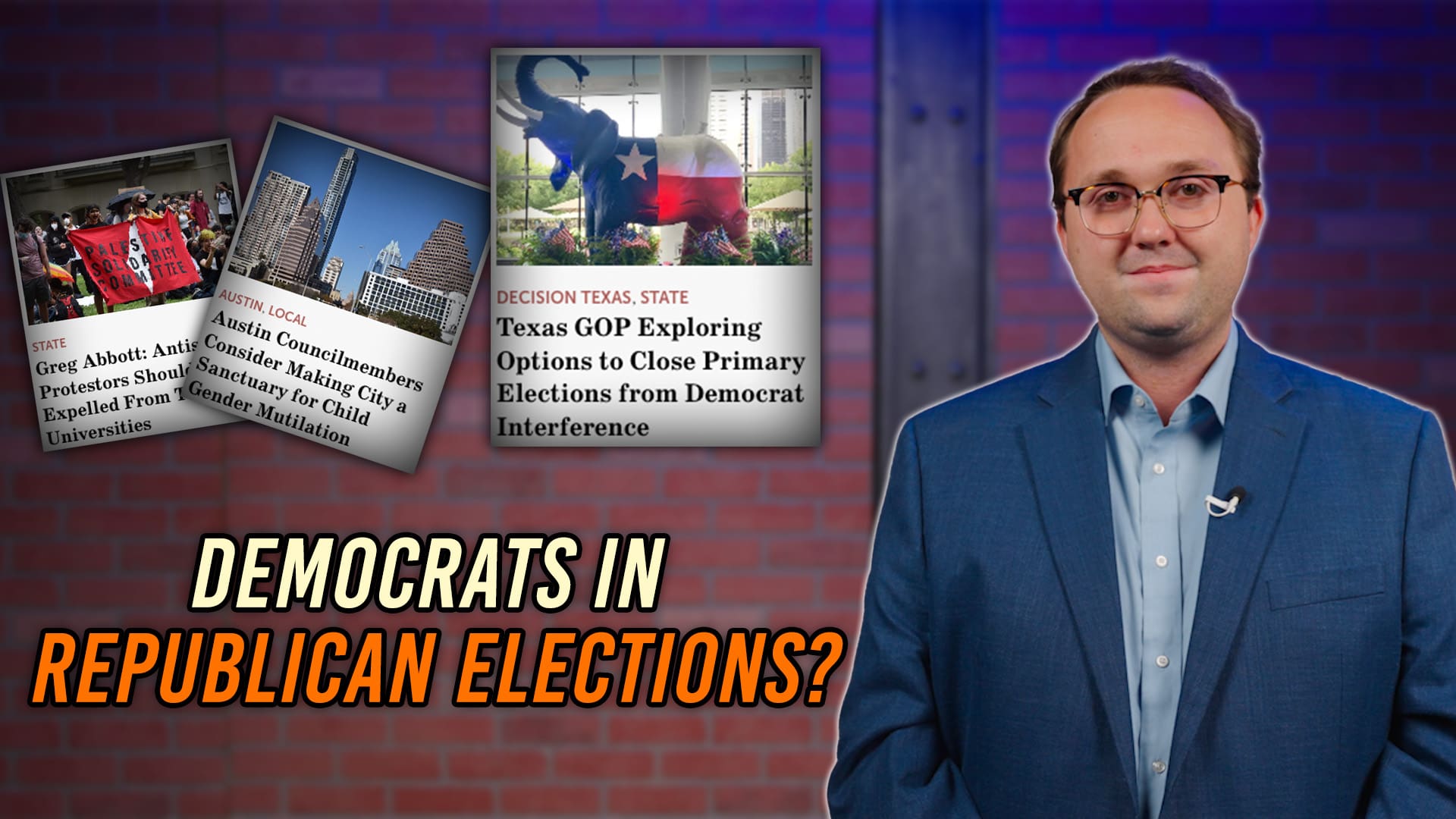In a last minute attempt to keep transportation networking companies (TNCs) such as Uber and Lyft from abandoning San Antonio, city officials are now working to draft an alternative to the restrictive rideshare ordinance they previously passed.
In December, city officials voted 7-2 in favor of creating what they called a ‘regulatory framework’ for the legal operation of TNCs within the city. For rideshare advocates and critics, however, the ordinance constituted a de-facto prohibition on TNCs. According to free-market think-tank R Street Institute, San Antonio already had some of the most restrictive regulations for TNCs. Set to go into effect March 1, the new rules amount to nothing more than a protection racket, as they would require drivers to carry $1,000,000 in liability insurance, in addition to other requirements.
The adoption of the ordinance prompted Uber Texas General Manager Chris Nakutis to officially announce in an open letter to city council on February 4th that the company would cease operations in the city if the ordinance goes into effect. Ten days later, Councilmember Roberto Treviño (D1) confirmed during a Sunday interview that a less restrictive alternative is being drafted by an ad-hoc group. Members of the group include Jill DeYoung, Mayor Ivy Taylor’s chief of staff, Deputy City Manager Erik Walsh, and interim San Antonio Police Chief Anthony Treviño.
In addition to narrowly retaining jobs that provide a viable mobility option for its citizens, drafting an alternative ordinance may help the city to also avoid a legal battle. In an interview with Rivard Report, appellate attorney Beth Watkins said that she has been part of discussions considering a legal challenge to the ordinance. She has echoed the criticism that the current ordinance ostensibly represents protectionism, as free-market proponents allege.
“The Constitution requires that the City treat similarly situated companies equally. For no reason, the City has decided that traditional taxicab companies like Yellow Cab are not like ride-share companies like Uber and Lyft. The City requires that companies like Uber and Lyft carry $1,000,000 in insurance for the safety of their passengers. Yet the City permits companies like Yellow Cab to carry only $30,000 in insurance,” Watkins said. “Honest to God, the way this ordinance is written is totally unconstitutional…The ordinance, as written, only makes sense to me if the City is in bed with Yellow Cab, and I know they say that’s not the case, but that’s how the ordinance looks on its face.”
Some however, are still concerned that the alternative will be rushed through. The group aims to have a draft presented to city council for approval within weeks, and no later than March 5th. Unsurprisingly, those ‘concerns’ primarily come from the city’s taxi industry, which benefits immensely form the anti-competitive restriction on TNCs.
At any rate, it is refreshing to see officials taking the initiative to revisit an issue they may have bungled, especially one so essential to San Antonian’s mobility needs. In the end, the pressure of the free market may override the power of the protection racket favored by seven of San Antonio’s nine politicians.




